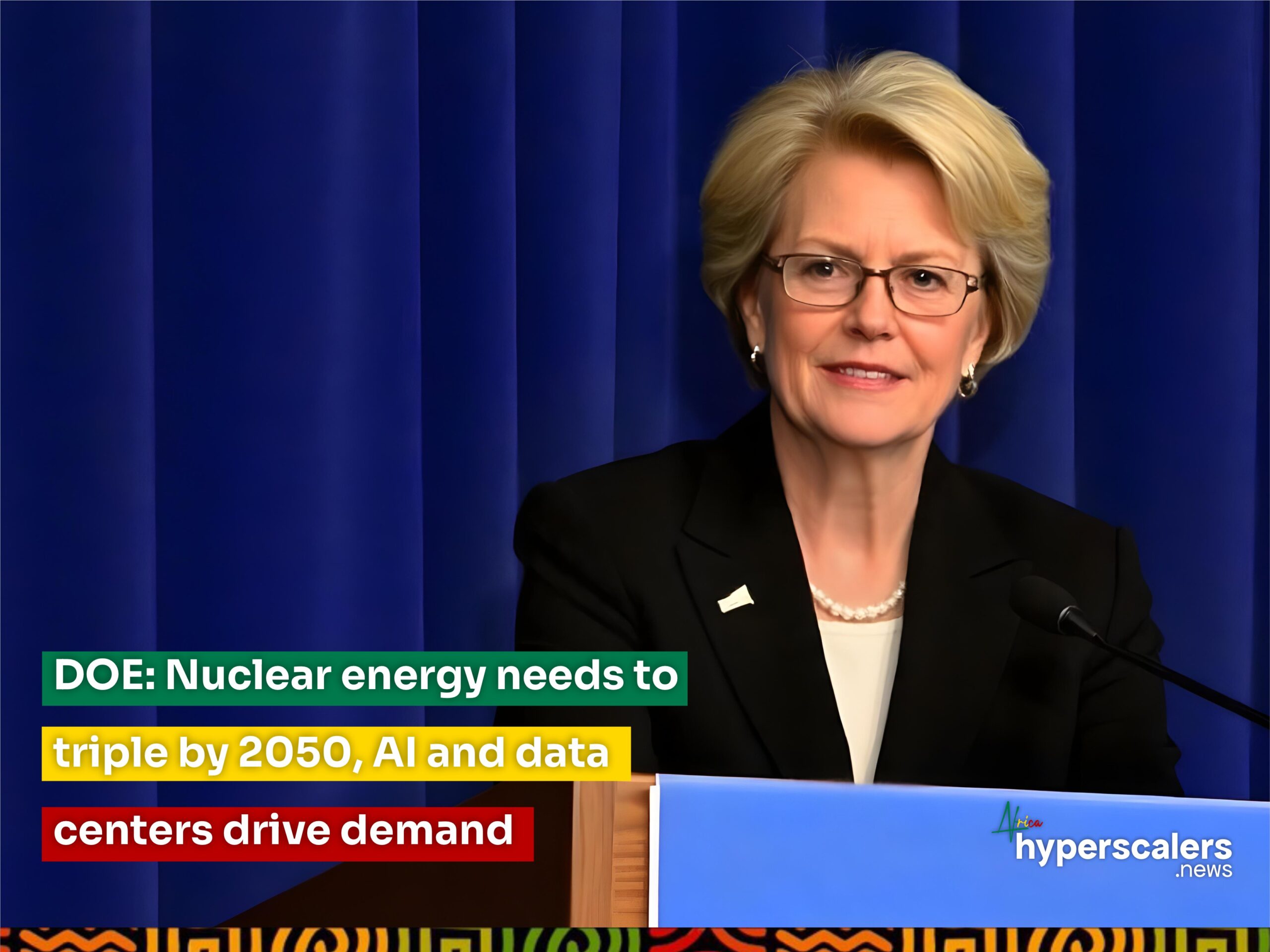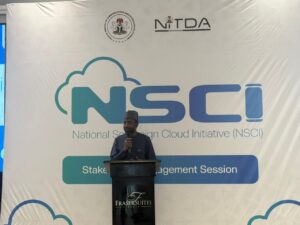The US Department of Energy (DOE) recently released a report outlining an urgent need for nuclear energy capacity to triple by 2050 to meet the surging demand driven by AI and data centers. As digital infrastructure expands, the power needs are skyrocketing, and the current nuclear capacity of 100GW will need to reach 300GW to keep up.
The report highlights how AI and data centers are responsible for this new wave of electricity demand. Companies with clean energy targets and a need for reliable, round-the-clock power are turning to nuclear energy. Google’s analysis, for instance, found that using nuclear and other “clean firm” technologies could reduce costs by 40% compared to relying solely on wind, solar, and battery storage.
Nuclear energy, however, isn’t positioned to replace renewables but to complement them. While solar and wind are essential, they can’t consistently provide the 24/7 power that data centers and other industries need. The DOE pointed out that retired nuclear plants are often replaced by natural gas rather than renewables, demonstrating the crucial role of nuclear energy in ensuring a stable power supply.
For the nuclear sector to scale up efficiently, the DOE emphasized that building multiple reactors of the same design—each producing at least 1,000MW—will be key. This “fleet mode” approach would help lower construction costs and improve efficiency through repetition and learning.
Cost overruns have been a significant hurdle for nuclear projects in the past, but the DOE outlined several strategies to manage this, including sharing costs across multiple projects, forming public-private partnerships, and improving project management.
The report also highlighted the importance of Small Modular Reactors (SMRs) for smaller, more specialized applications like replacing coal plants or powering smaller-scale data centers. However, SMR developers may need orders for 30-50 reactors to make investment in manufacturing feasible.
DOE’s vision includes repurposing 190 former coal and nuclear sites, which could provide up to 269GW of new nuclear power. This would be critical in supporting the future demands of data centers, which are increasingly looking to nuclear for their power needs.
Companies like Microsoft, AWS, Google, and Oracle are already making strides in adopting nuclear energy. For example, Microsoft recently signed a 20-year agreement to use nuclear power for its 837MW AI data center in Pennsylvania. AWS also powers its Pennsylvania data center campus with a nearby 2.5GW nuclear plant, demonstrating how the tech industry is betting on nuclear energy to fuel its growth.
The future is clear: if we’re to meet the demands of a digital and AI-driven world, nuclear energy must be a critical part of the solution.





